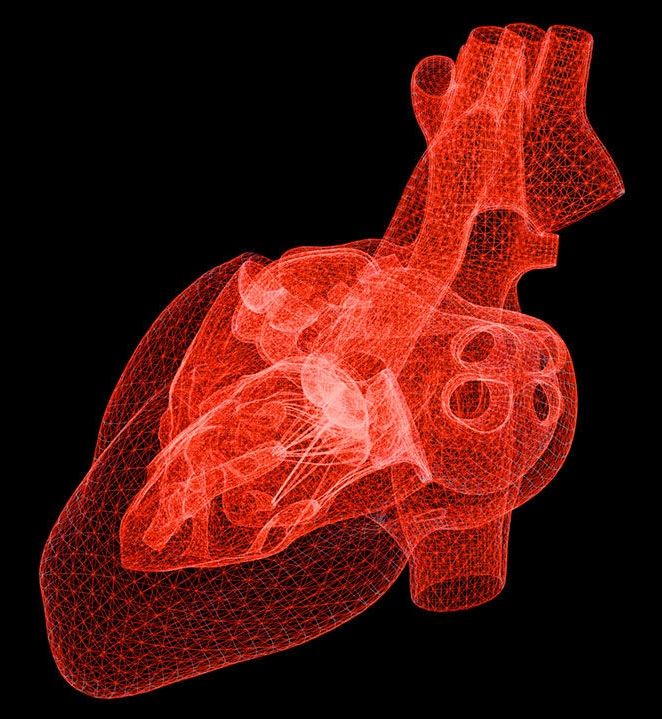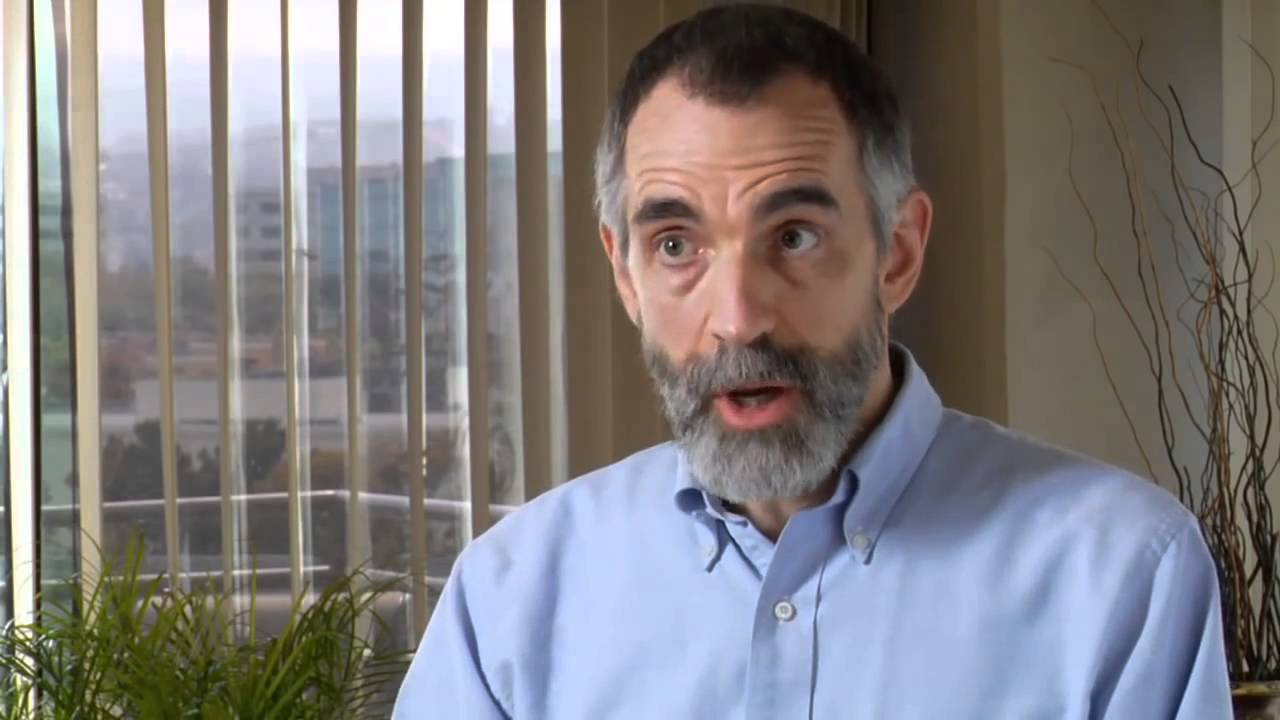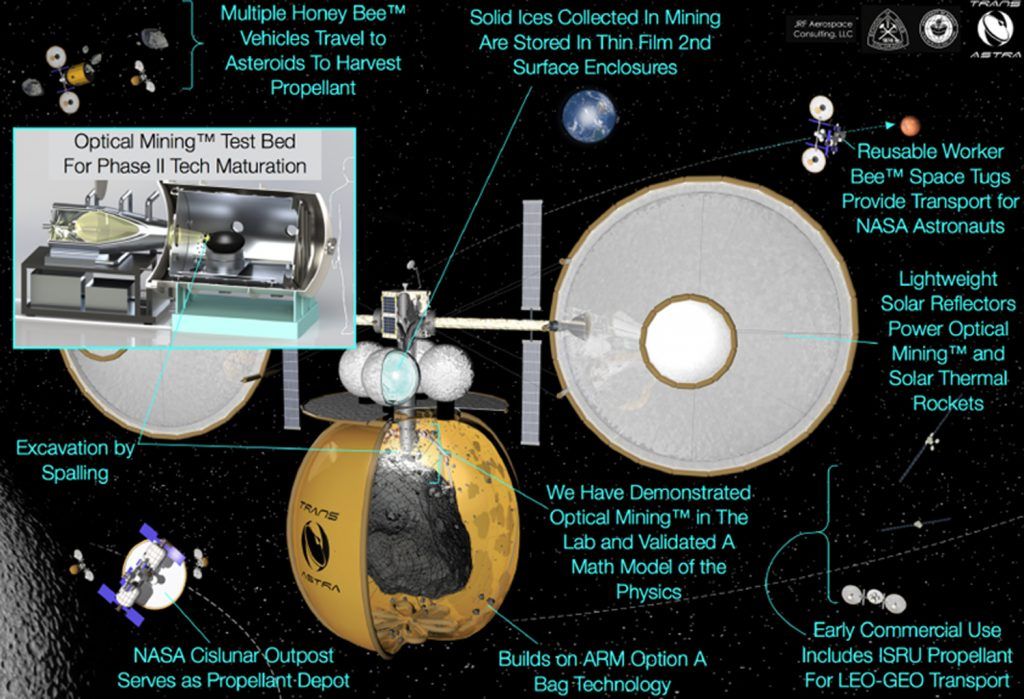
Doctors have lots of tools for predicting a patient’s health. But—as even they will tell you—they’re no match for the complexity of the human body. Heart attacks in particular are hard to anticipate. Now, scientists have shown that computers capable of teaching themselves can perform even better than standard medical guidelines, significantly increasing prediction rates. If implemented, the new method could save thousands or even millions of lives a year.
“I can’t stress enough how important it is,” says Elsie Ross, a vascular surgeon at Stanford University in Palo Alto, California, who was not involved with the work, “and how much I really hope that doctors start to embrace the use of artificial intelligence to assist us in care of patients.”
Each year, nearly 20 million people die from the effects of cardiovascular disease, including heart attacks, strokes, blocked arteries, and other circulatory system malfunctions. In an effort to predict these cases, many doctors use guidelines similar to those of the American College of Cardiology/American Heart Association (ACC/AHA). Those are based on eight risk factors—including age, cholesterol level, and blood pressure—that physicians effectively add up.
Continue reading “Self-taught artificial intelligence beats doctors at predicting heart attacks” »


















